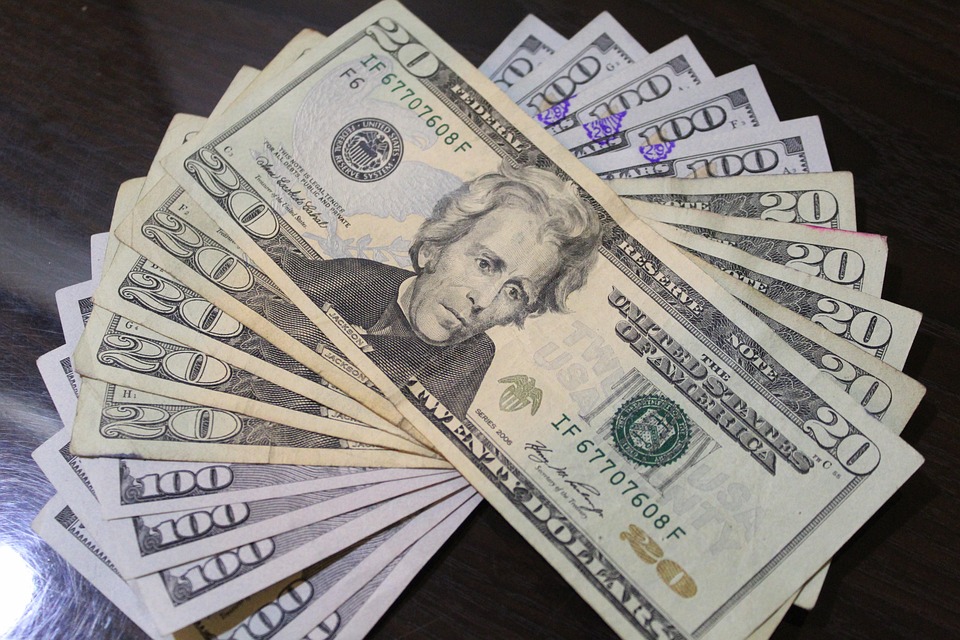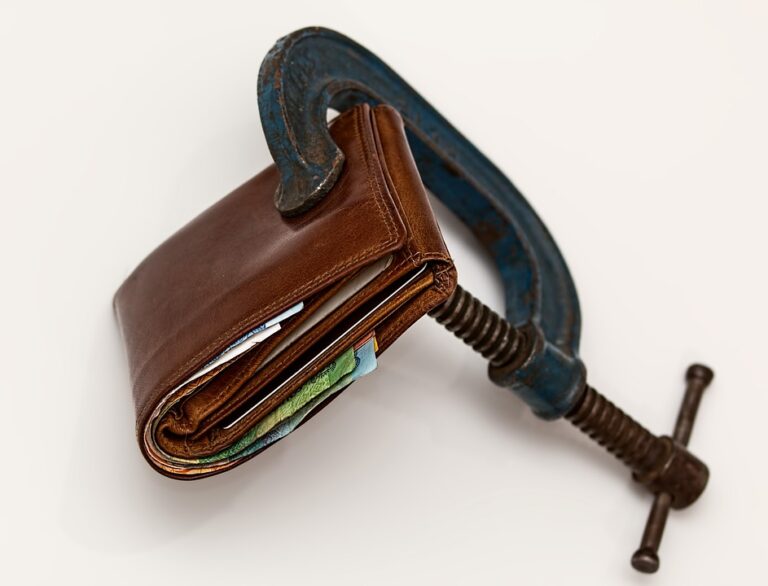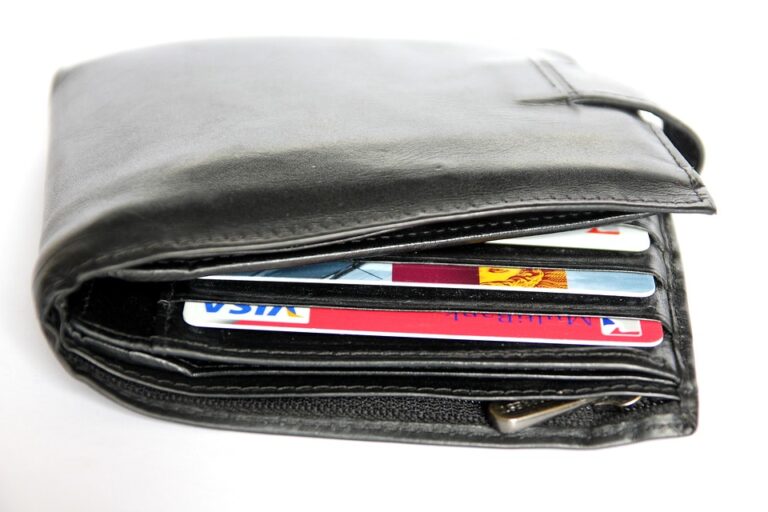Last updated Jun. 20, 2024 by Peter Jakes
Managing and keeping up with utility bills can be a daunting task for many households. With the increasing cost of living and fluctuating energy prices, staying on top of your utility bills is more important than ever. This comprehensive guide will walk you through the essentials of managing utility bills, offer practical tips for reducing costs, and give you peace of mind knowing that you are in control of your expenses.
Keeping track of utility payments is crucial to avoid late fees, maintain good credit scores, and ensure that you remain in good standing with your service providers. Additionally, understanding your bills and learning how to optimize your utility usage can lead to significant financial savings over time.
Understanding Your Utility Bills
Utility bills typically cover essential services such as electricity, water, gas, sewer, garbage, and sometimes, telecommunications. Each of these services will have its own billing cycle, usage rates, and payment methods.
Electricity and Gas Bills: These bills are often the most substantial part of your utility expenses. They are calculated based on your consumption, which is measured in kilowatt-hours (kWh) for electricity and therms or cubic feet for gas. Rates can be fixed or variable, depending on your service provider and the type of plan you have chosen.
Water and Sewer Bills: These are typically calculated based on the amount of water you use, measured in gallons or cubic meters. Sewer charges often correlate with water usage, assuming that most of the water used will enter the sewage system.
Garbage and Recycling Bills: These are typically fixed fees based on the size and number of bins or the frequency of collections.
Telecommunications (Internet, Cable, Phone): These bills can vary greatly depending on the services and packages you subscribe to. They often include monthly charges, taxes, and sometimes, overage fees for data usage or additional features.
Practical Tips for Managing and Reducing Utility Bills
Budgeting and Monitoring Usage
Create a Budget: Start by creating a monthly budget that includes all your utility expenses. This will give you a clear picture of how much you’re spending and help you identify areas where you can cut costs.
Monitor Usage: Keeping an eye on your utility usage can help you spot inefficiencies and make necessary adjustments. Many service providers offer online tools and mobile apps that allow you to track your consumption in real-time.
Optimize Energy Usage
Energy-Efficient Appliances: Invest in energy-efficient appliances and lighting solutions. Look for products with the ENERGY STAR label, which indicates that they meet energy efficiency guidelines set by the U.S. Environmental Protection Agency.
Smart Thermostats: Installing a smart thermostat can help you optimize heating and cooling in your home, ultimately reducing energy consumption and saving on your utility bills.
Regular Maintenance: Regularly maintain your HVAC system, water heater, and other appliances to ensure they are running efficiently.
Water Conservation
Fix Leaks: Even small leaks can add up to significant water waste over time. Fixing dripping faucets and leaky pipes can help reduce your water bill.
Water-Saving Fixtures: Install low-flow showerheads, faucets, and toilets to reduce water usage without sacrificing performance.
Landscape Wisely: Opt for drought-resistant plants and efficient irrigation systems to minimize water use in your garden.
Waste Management
Recycle and Compost: Reduce the amount of waste you produce by recycling and composting. This can lower your garbage bill if you’re charged by the volume of waste you generate.
Telecommunications Cost Management
Review Plans Regularly: Periodically review your telecommunications plans to ensure you are getting the best deal. Consider bundling services or negotiating with your provider for better rates.
Monitor Data Usage: Keep track of your internet and phone data usage to avoid overage fees. Many providers offer apps or online tools for this purpose.
Dealing With High Utility Bills
High utility bills can be concerning, but there are steps you can take to address the issue:
Audit Your Usage: Conduct a thorough audit of your utility usage to identify areas of excess consumption. Professional energy audits can also provide valuable insights.
Payment Plans: If you’re struggling to pay a high bill, contact your utility provider to inquire about payment plans or financial assistance programs. Many providers offer options to help customers manage their bills during difficult times.
Seasonal Adjustments: Be aware that utility bills can vary with the seasons. Plan ahead for higher heating costs in the winter and increased cooling costs in the summer.
✓ Short Answer
Seek Professional Help: If you continue to experience high utility bills despite your best efforts, consider consulting with an energy expert or financial advisor.
Note:
Keeping on top of utility bills involves understanding your various service charges, creating a budget, and optimizing your utility usage. Practical steps like investing in energy-efficient appliances, conducting regular maintenance, and altering your water and waste management habits can lead to significant savings. If bills become unmanageable, don’t hesitate to contact your provider for payment plans or consider professional audits.
FAQs
How can I budget for utility bills?
Creating a budget involves listing all your utility expenses and setting aside a specific amount each month. Tracking your spending against your budget will help you adjust and save over time.
What is an energy audit?
An energy audit is a thorough examination of your home’s energy usage, aimed at identifying inefficiencies and providing recommendations to reduce energy consumption and costs.
Which appliances consume the most energy?
Typically, heating and cooling systems, water heaters, and large appliances like refrigerators and clothes dryers consume the most energy.
How can I reduce my water bill?
Fix leaks promptly, install water-saving fixtures, and adopt water-efficient landscaping practices to reduce water usage and lower your bill.
What if I can’t pay my utility bill on time?
Contact your utility provider as soon as possible to discuss payment plan options or financial assistance programs.
Are there programs that can help with high utility bills?
Yes, many utility providers and government agencies offer financial assistance programs for low-income families or those facing temporary financial hardships.
How can I monitor my utility usage?
Most utility providers offer online tools or mobile apps that allow you to track your usage in real-time. Utilize these tools to stay informed about your consumption patterns and identify areas for improvement.
By following these guidelines and leveraging available resources, you can effectively manage your utility bills and keep your household finances under control.





